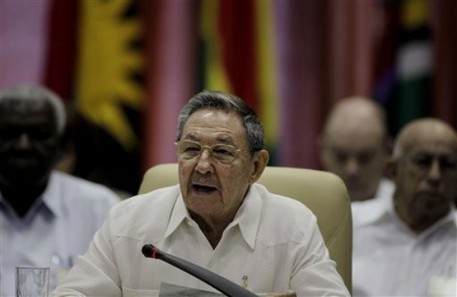
After the detention in Cuba last month of a U.S. government contractor distributing cell phones and laptops, Congress has called new attention to the secretive pro-democracy program that ballooned under the George W. Bush administration and funded this contractorâ??s mission on the island. House Representative Howard Berman (D-California) and Senator John Kerry (D-Massachusetts) in particular have brought the program under heat, calling for a review of its management and effectiveness.
Indeed, a full review is in order. The program budget increased more than tenfold between 2000 and 2008, from $3.5 million to $45 million. Use of program funds has oftentimes been sketchy: audits have revealed questionable expenditures and even embezzlement. Under the Obama administration support has more than halved for the pro-democracy Cuba program, to $20 million in 2009 and 2010, but a better monitoring mechanism is needed for as long as funding continues.
The programâ??s effectiveness in achieving U.S. goals of democracy on the island is up for grabs. Although blogs, Twitter and other Internet resources are expanding their reach and having an effect (as the Washington Post put it, these are â??cracking the Cuban governmentâ??s monopoly on informationâ??), U.S. government support for bloggers and dissident groups can be the kiss of death for some. Cuban law states that collaborators with the program can be punished by up to 20 years in prison. Some scholars, like Ted Henken of Baruch College, point out that the program undermines U.S. efforts to build trust with the Cuban government while tainting opposition groups on the island. Instead of credible voices of opposition, they are seen as traitors, mercenariesâ?¦ U.S. puppets. And as the detention of the still-unnamed U.S. contractor illustrates, pro-democracy work is dangerous both for those that carry it out and for those who receive assistance from it.
Last week, by the way, U.S. diplomats were allowed to visit and speak to the detained U.S. contractor in Cuba. His name has still not been provided, and it is not clear what the future holds for him. (Will he be unilaterally released? Will he be used as a negotiating tool? Will the United States use his detention as reason to turn its back again on Cuba? I tend to lean toward number two.)
Read more at the Foreign Policy Association's Cuba blog.
(AP Photo)



